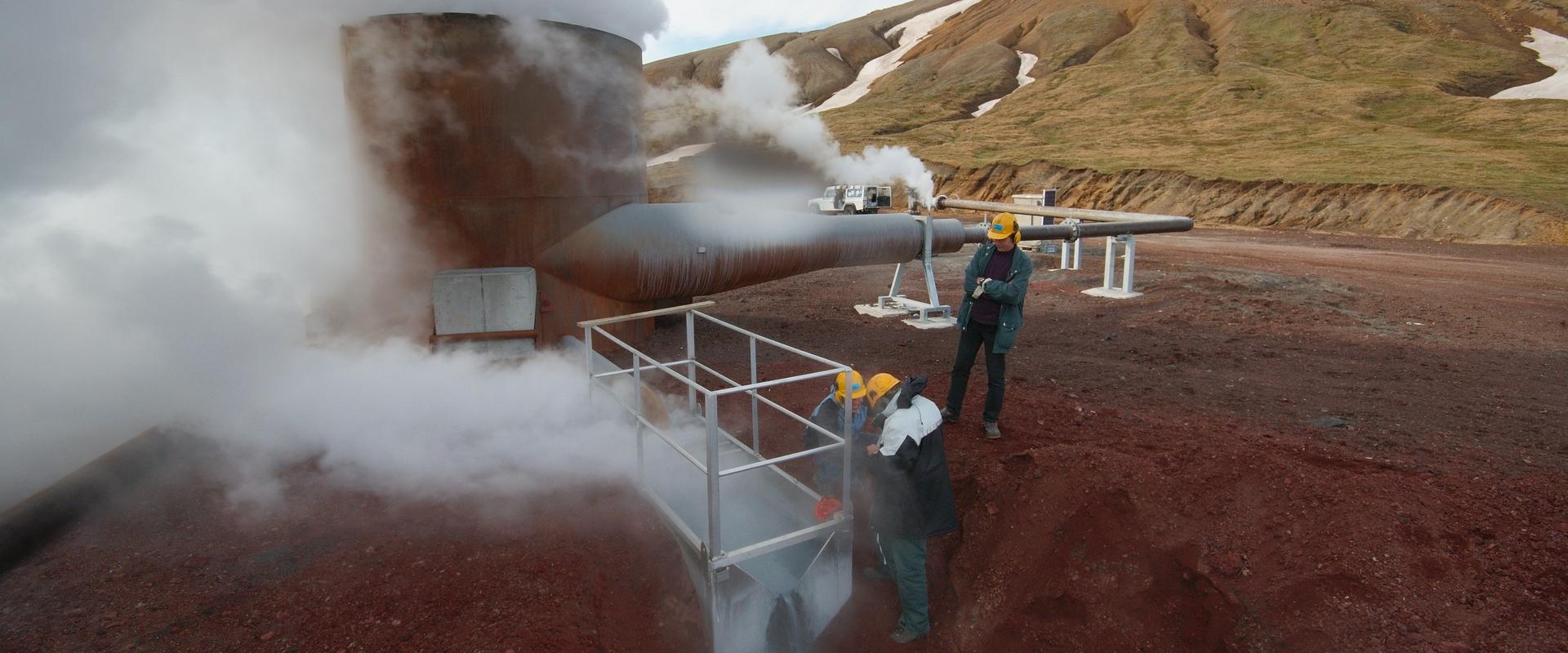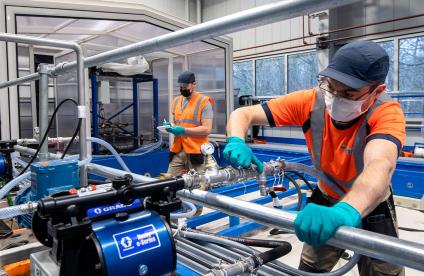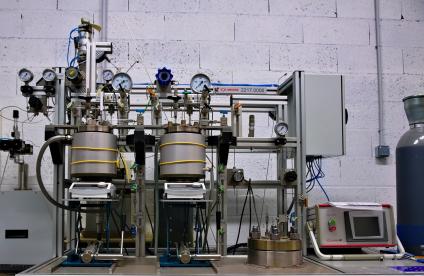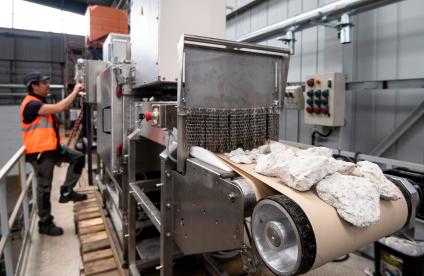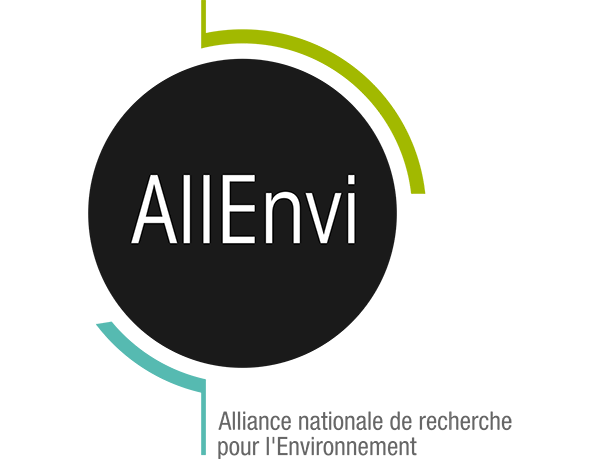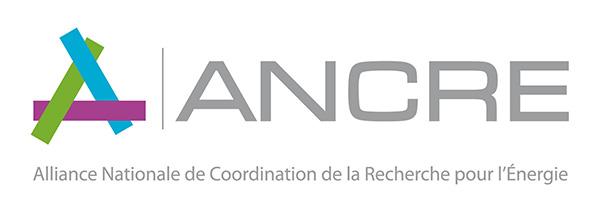Scientific research is one of the BRGM’s key roles. The aim is to further geological knowledge and understanding of surface and subsurface processes through observations and modelling. Over 700 BRGM engineers and researchers - two thirds of its staff - are involved in scientific research.
A key issue: meeting the major challenges arising from global changes
BRGM research brings practical responses to the major challenges facing society and arising in particular from climate change, increasing mineral resource scarcity, new energy needs, natural risks and soil and water pollution.
These research activities translate into support for the development of public policies and transfers of technology and innovation to industry.
The BRGM’s scientific research is conducted through:
- projets with state funding (grants for public service expenses),
- projects with multiple co-financing (regional and European),
- partnerships with targeted agencies (ANR, ADEME, etc.),
- responses to calls for proposals from the ministries,
- rapid development of research under contracts with industries.
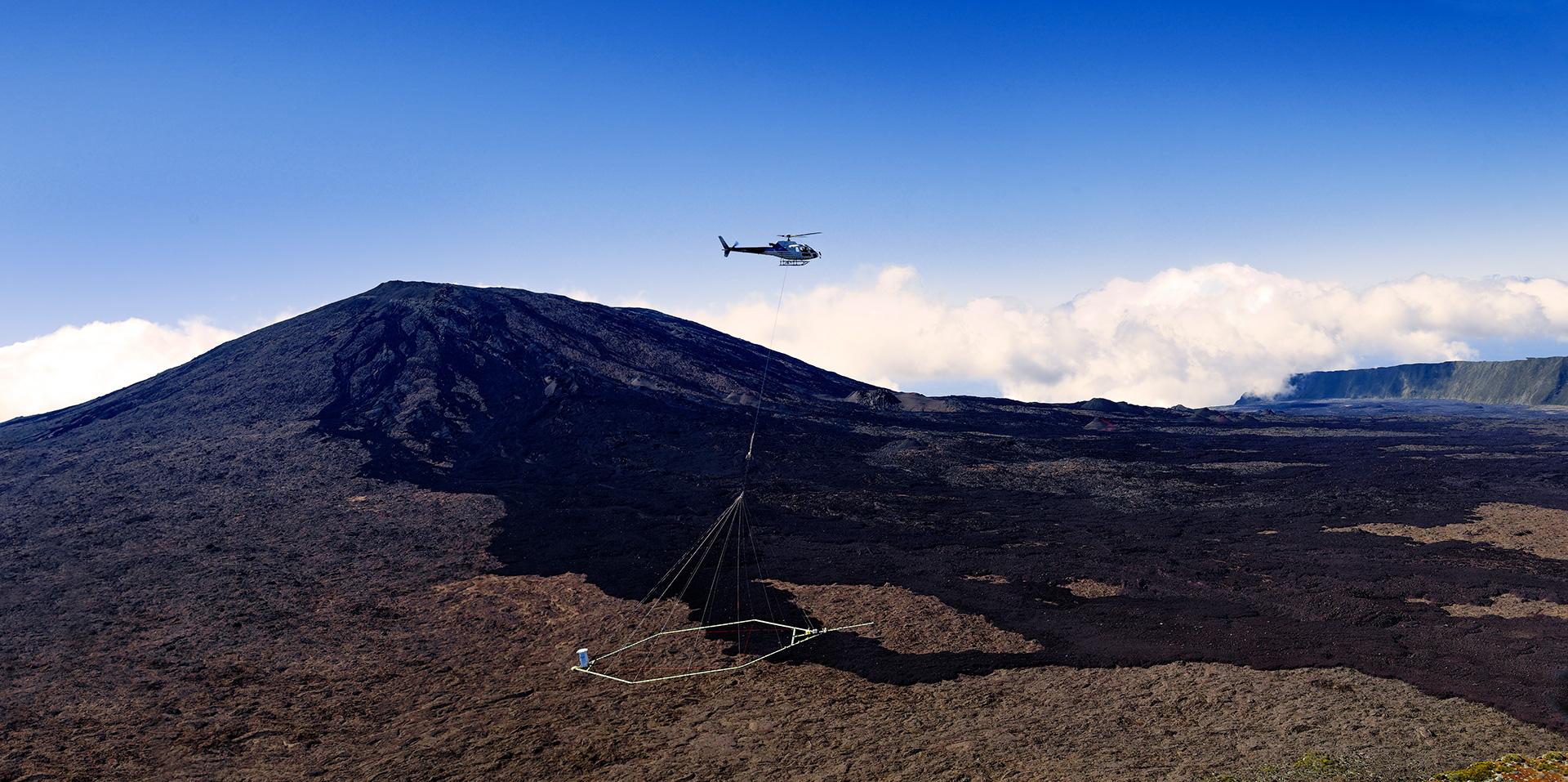
Science strategy for BRGM: key research priorities for the next 10 years
Responding more effectively to socio-economic challenges involving the surface and subsurface while ensuring better continuity between research, expertise and innovation among public authorities and businesses: these are the main challenges that BRGM has set for itself with its scientific strategy. It defines the French geological survey's research priorities for the next decade, in order to address major socio-economic issues in which the surface and subsurface play a key role.
A continuum between research, industry and expertise
BRGM applies its research to develop expertise and innovations for the public authorities and businesses. It brings society its know-how and experience to support public policy-making approaches. In response to current industrial and economic issues, it contributes to innovative solutions focusing on key socio-economic issues.
To find out more
Scientific resources at the service of research: laboratories and technological platforms
The BRGM, a leading French player on the European scene in research and innovation
Involved in the European Union's Framework Programmes for Research and Innovation (FPRD/I), BRGM has contributed to over 160 projects in the last 20 years, mainly in collaboration with other organisations. It ranks among the 40 leading French participants in the Horizon 2020 programme, and in the top 10 research organisations.

Companies: BRGM, your research and development partner
BRGM implements research partnerships with industrial sectors and businesses of every size. The aim is to deliver innovative management solutions for a range of topic areas, including soils and subsoils, raw materials, water resources and prevention of natural and environmental risks. The economic sectors concerned include construction, energy, water, mining industries, environment and ecotechnologies.

Research alliances: BRGM involvement in research policy development
The BRGM is involved in two thematic alliances whose aim is to coordinate public research organisations: AllEnvi (the national alliance for environmental research) and Ancre (national coordinating agency for research on energy). These alliances coordinate the main players in each field and thus design research and development programmes that are consistent with the national strategy.
Their aim is to strengthen the performance, visibility, international stature and added value of French research. They forge close partnerships with companies in the economic sectors concerned, in particular through competitiveness clusters.
The French research alliances are members of the European alliances working with the European Commission to define policy guidelines for research in Europe.
AllEnvi - the national alliance for research on the environment
The AllEnvi alliance coordinates environmental research efforts in France. It has two key roles:
- To define the environmental research priorities to be submitted to financing agencies and the government.
- To strengthen cooperation between research and higher education establishments and economic players in the four strategic policy areas of food, water, climate and regional planning.
The BRGM is a founder member of the AllEnvi alliance for research on the environment. It is involved in 12 of its 14 working groups (covering climate change, natural resources, management of soils and subsoils, risks, etc.).
Ancre - the national alliance for coordination of research on energy
The Ancre alliance was established to coordinate and strengthen, in close liaison with industries, the performance of research on energy in national public institutions. The aims are to advance fundamental knowledge on energy and develop economic activities and employment.
BRGM is an associate member of Ancre, the national alliance for coordination of research on energy. It is involved in two of its eight working groups.

